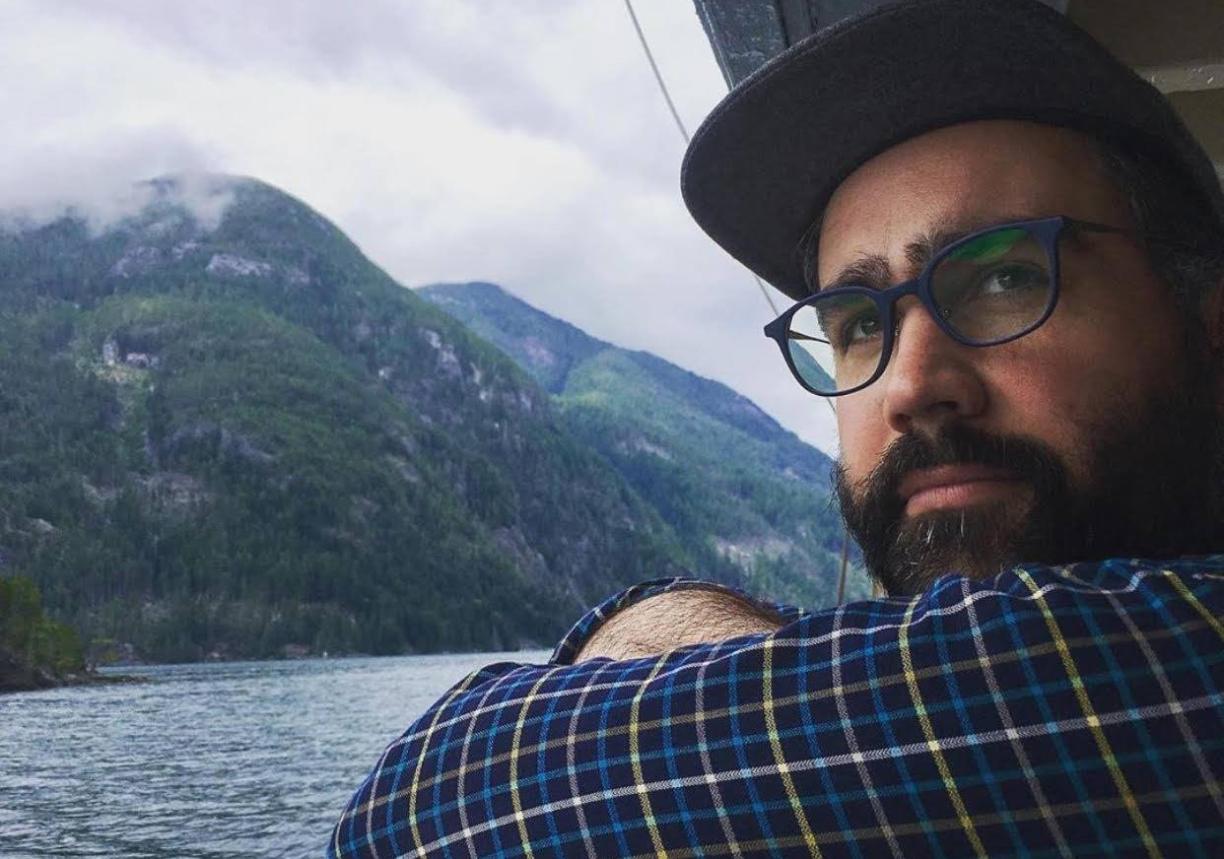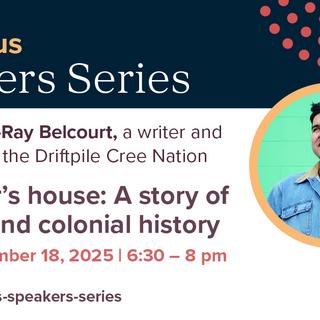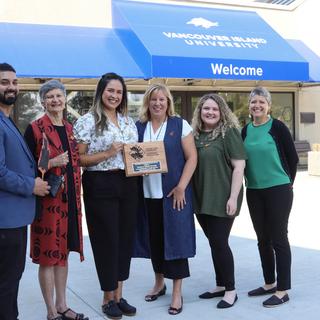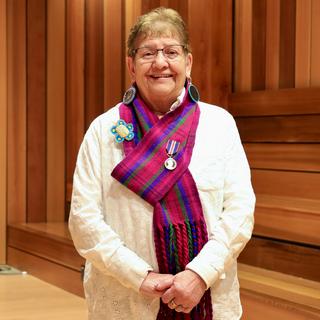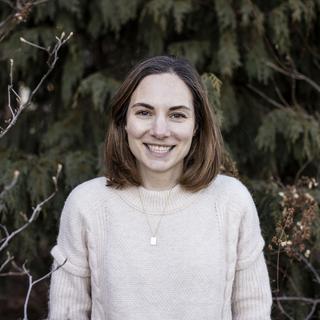Kelly Black, a Vancouver Island University Adjunct History Professor, received the Anne and Philip Yandle Best Article Award from the BC Historical Federation this June. The article, “Explaining Settlers to Ourselves: Rethinking interpretive narratives at heritage sites” was published in the spring 2021 edition of British Columbia History magazine.
Black has more than a decade of experience in heritage, museums and non-profit management. He received his PhD in Canadian Studies from Carleton University in 2018 and his research interests include settler-Indigenous relations, public and local history, the E&N land grant, and (re)naming. He is the Executive Director of Point Ellice Museum and Gardens in Victoria.
We caught up with Black to learn about the work he won the award for and why it is important to revisit and reassess dominant historical narratives.
How does it feel to win the Anne and Philip Yandle Best Article Award from the BC Historical Federation for your work that reassesses the narrative of Point Ellice House’s history?
It’s cliché, but it’s nice to be recognized for my writing and for the work we are doing at Point Ellice House. The award is for the best article published in BC History Magazine in the previous year, and there were many engaging articles about BC’s past written in 2021. I find it encouraging that an article that is also a call to action was selected by the jury. The article asks settler heritage sites and museums “to make visible the disruptive processes of colonization” and I hope that by sharing news of the article’s award a wider audience will engage with its arguments.
How did you re-evaluate the dominant narratives for Point Ellice House and why is it important to revisit Canada’s historical narratives?
The first step was to look at what was missing. Point Ellice House has been a museum open to the public since 1967 and most of the narratives – or what we would call interpretation – had not been updated in decades. When I began working at Point Ellice House, visitors were presented with romantic narratives of the past which were perceived to be most enticing to visitors – stories of Victorian-era courtships, tea, tennis and roses. All stories which are still worth telling, but it meant many other stories were not interpreted for the public – particularly those which place the house and its occupants in the context of the British Empire and the processes of colonization.
History, and presenting history to different audiences, is the work of revisiting and revising our understanding of the past. If we want to use the past to better understand our present, we need to re-evaluate the stories we’ve told ourselves about how things “used to be.”
You are the Executive Director of Point Ellice House Museum and Gardens in Victoria. Tell us more about your work at the museum.
At Point Ellice House I am responsible for operations, curation and strategic planning. What this really means is I do a little bit of everything – such is life at a small non-profit. On any given day I might be doing historical research, checking in with staff and volunteers, paying invoices, applying for a grant, taking out the trash or talking to the media. My favourite part of the job is talking to visitors and sharing the history of the site with them.
What inspires you about history?
Teaching at VIU is a regular reminder that history can spark something in people. Taking students to the museum or archives and seeing them write passionately about local people and places is a real privilege. I am particularly affected by the potential that history holds for storytelling. In his CBC Massey Lecture, author Thomas King wrote that “The truth about stories is, that’s all we are.” When we can craft a story about a particular place and time – and connect it to our present – that’s when I get really excited about history.
You also presented a VIU Arts & Humanities Colloquium lecture on Point Ellice House. Tell us more about that lecture.
Turn on the news today and you are likely to find a story about historians and the public re-evaluating the once dominant narratives of historical figures and events. With that in mind, the lecture was all about how historical narratives in BC, and more specifically at Point Ellice House, have been created and reinforced over time. In the presentation, I asked how a museum founded on the celebration of colonial power and privilege might challenge its most enduring associations to go beyond the tropes of romance, tea and roses.

